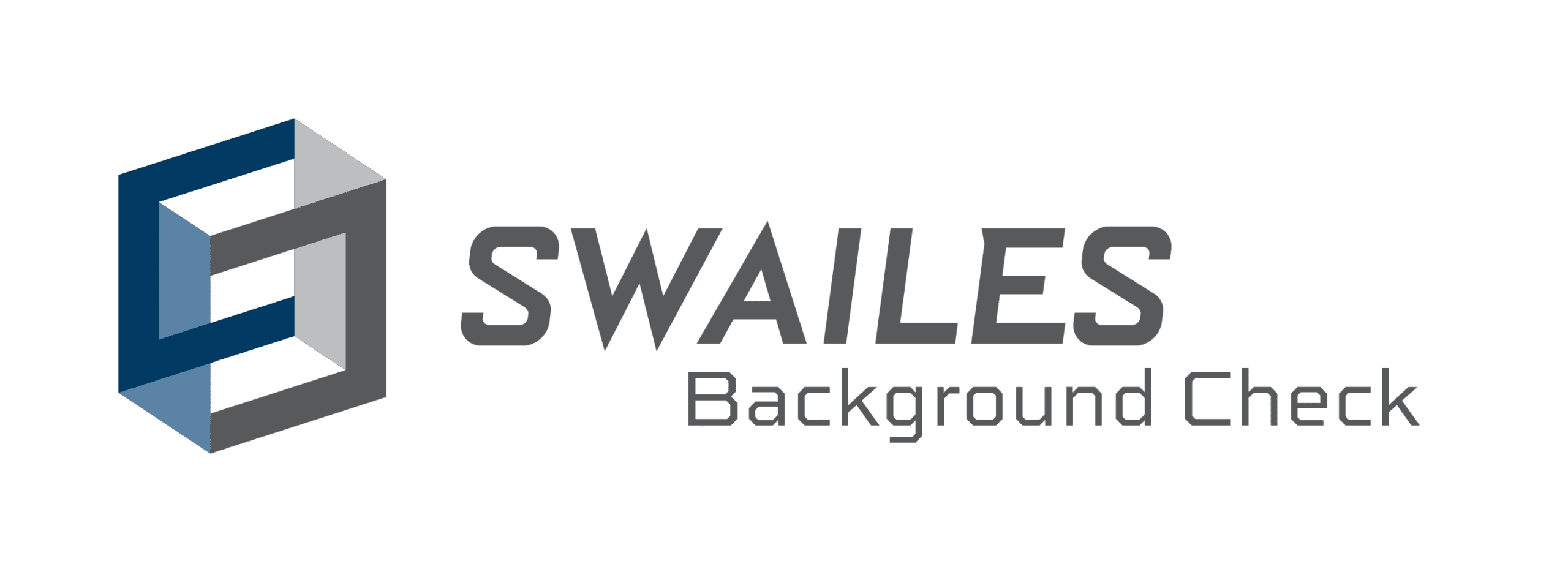Labor Shortage? Consider This Untapped Pool Of Talent, 7 Reasons Why HR Technology Investments Fall Short and Attorneys Predict Busy Year For EEOC Enforcement
In this week’s highlights we’ll reveal an untapped pool of talent, 7 reasons why HR technology investments fall short and why attorneys are predicting a busy year for EEOC enforcement.
Labor Shortage? Consider This Untapped Pool Of Talent
These 3 steps also can help boost workplace culture and improve hiring and retention across the board, this expert from The Hartford writes.
Businesses across the country are facing a labor shortage. Employers are struggling not only to bring back many of the workers they let go earlier in the pandemic but also to retain their existing employees. Adding to this challenge, the “great resignation” is far from over–our research found that 37% of U.S. workers are likely to search for a new job in the next six months.
One way to address this labor shortage–while also addressing companies’ commitments to diversity, equity and inclusion–is to focus on hiring people with disabilities, who are disproportionately under-employed or unemployed. In August 2021, just 19.2% of people with disabilities were employed, compared to 63.9% of people without disabilities.
To view the entire article by HR Executive click here.
7 Reasons Why HR Technology Investments Fall Short
HR tech spending is booming, but ROI remains elusive
Investment in human resource technology is booming, with venture capitalists pouring money into the space at a record pace and organizations feverishly purchasing new HR and work technology platforms to support the move to remote work.
The third quarter of 2021 is on track to be the biggest ever for work technology investments, according to data from WorkTech, an HR technology research and advisory firm in New York City. HR technology spending for the year could hit a record $16 billion or more, WorkTech found.
But lost amid the rush to purchase new digital tools is the fact few companies are measuring the returns they’ve received from these increased expenditures. As a result, experts say there have been considerable waste and unmet expectations from technology investments that were ill-conceived or because new platforms didn’t receive the proper care and feeding once introduced to the organization.
To view the entire article featured by SHRM click here.
Attorneys Predict Busy Year For EEOC Enforcement
Dive Brief:
- An uptick in activity from the U.S. Equal Employment Opportunity Commission indicates it will have a busy year, law firm Seyfarth Shaw said in a Sept. 30 analysis that accompanied the end of the agency’s fiscal year.
- EEOC typically finishes its fiscal year with a surge in lawsuits, Seyfarth said. But in FY 2020, it filed only 33 lawsuits in September. This year, it submitted 59, which mirrors previous activity; in September 2018 and 2019, it filed 84 and 52, respectively.
- The agency filed more lawsuits this past year than in 2020, bringing its yearly total up from 101 to 114. Still, it filed fewer total lawsuits than the last two years prior, Seyfarth said.
EEOC may be ramping up its legal activity after the tumult brought by a pandemic and a change in administrations, but employers may find it difficult to anticipate which issues the agency will focus on in 2022.
To read the entire article by HR Dive click here.
When your business needs assistance with employment screening, criminal checks, FCRA compliance, drug screening, education and employment verification, driving records (MVR), credit checks or social security number validation, contact the Swailes Background Team to get quickly signed up.

